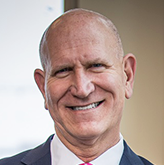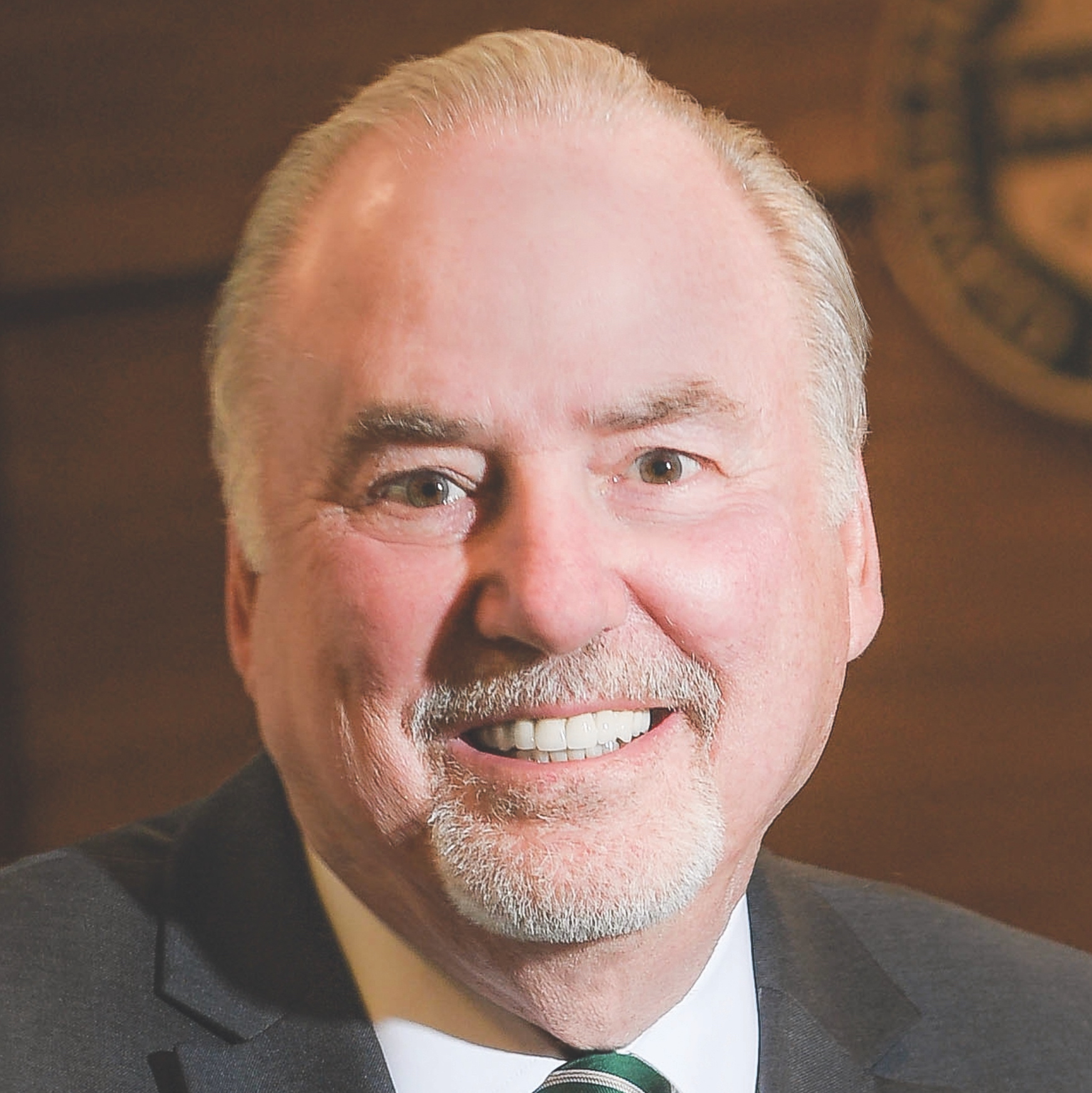The need for higher education to play a leading role in helping students discern truth from fiction has never been more important to our nation than after the events in our nation’s capital on Jan. 6.
The continued viability of our democracy depends on our ability to equip citizens with the skills to think openly and critically, make decisions based on the best available evidence and remain open to the consideration of alternative points of view based on that evidence, particularly when these views dramatically differ from their own.
Renowned philosopher and educational reformer John Dewey framed it best: “Democracy has to be born anew every generation, and education is its midwife.”
To nurture and sustain our democracy, citizens must develop and hone the ability to independently reason, reflect and grow through consideration of multiple points of view. These are skills that institutions of higher education have traditionally promoted and refined in our classrooms and within our campus communities.
Indeed, universities are among the few institutions in our society whose core mission is to provide the tools to examine various sources of knowledge, discern truth from fiction, and develop opinions based upon analysis of this knowledge. This “path to truth” is all the more daunting in an environment where “facts” are open to debate.

In 2016, the Oxford Dictionary’s Word of the Year was “post-truth” defined as “a condition where facts are less influential in shaping opinion than emotion and personal belief.”
One of the important ingredients that has led us to this “post-truth” era is the exponential expansion of social media and the ability of providers to create information streams that are self-reinforcing. That is, they appeal to preconceived ideas, beliefs, biases and values. This process, in some significant measure, substitutes ideology, opinion and emotion for “fact.”

Michael Hayden, the former director of the CIA and the National Security Council, captured the implications of the post-truth epoch in an article published in The New York Times in April 2018.
He wrote, “These are truly unchartered waters for the country. We have argued over the values to be applied to objective reality, or occasionally over what constituted objective reality, but never the existence or relevance of objective reality itself.”
Civics, civics and more civics
So, what more must we do to better educate our students in this environment of post-truth, disconnected echo chambers, and social media “news” generation?
First, reinforce focus on civics education in K-12. Developing a foundational understanding of our republic, its values, rules of law, and social norms is the foundation for the civic literacy required to sustain our special brand of democratic decision-making.
The most recent survey results from the Annenberg Civics Knowledge Survey found that “a quarter of U.S. adults can name only one of the three branches of government and more than one-fifth can’t name any.”
Second, higher education must urgently create or expand student knowledge of democratic institutions so that civic literacy is a skill that all students must demonstrate to advance, similar to requirements for critical thinking, written and oral communication, and math.
Cleveland State University took the first step in this direction in 2017 when the University Faculty Senate recommended adding civic education as a required skills area within the general education program. While curricular reform is vital, universities also need to advance crucial conversations across campus, especially with groups that agree to disagree on substantive issues.
Diversity of thought, plus moderated discussion, leads to understanding, respect and higher-order critical thinking.
More from UB: ‘Art of the possible’: How one university embraced 2020-21
Third, create the equivalent of what the corporate world calls “business intelligence”: the ability to connect information and knowledge with context based on foundational values and relationships. Connectivity provides individuals with a context for understanding relationships between claims or assertions and the body of evidence used to support them.
The goal is to allow citizens to render judgments about the validity of what is asserted by political actors so that facts and truth are more influential in shaping opinions than emotional and personal beliefs.
If we can get back to these basics, we can a chart a path through the current maelstrom of misinformation, distortion, mistrust and polarization that has significantly limited our ability to solve our collective challenges. And, if our universities take a leading role in advancing civil discourse and civic education—with an eye on finding common ground where citizens with many views can meet—we chart a path forward in a post-truth world.
Let’s start today.
Harlan Sands is the president of Cleveland State University. Ronald Berkman is president emeritus of Cleveland State University, serving as president from 2009-2018.








